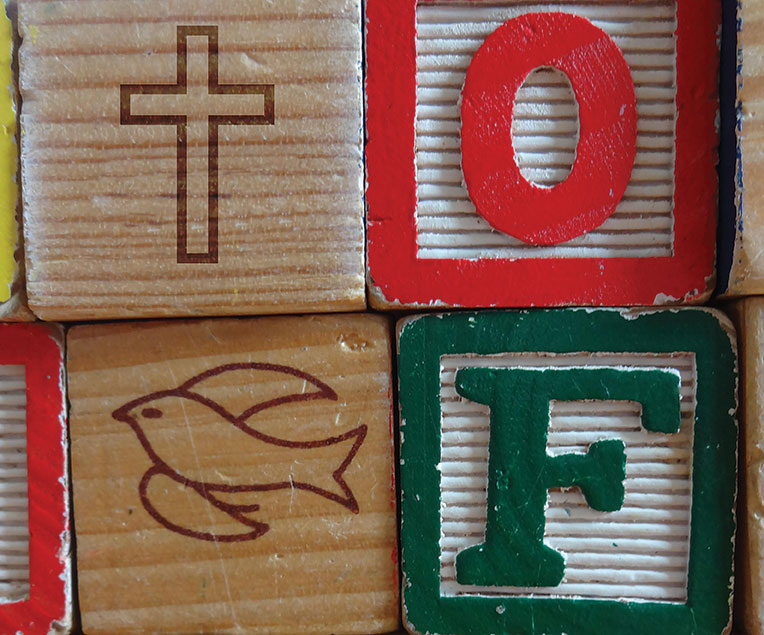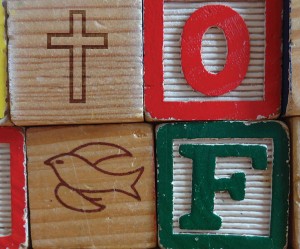Waiting for More than Christmas
The outcome is always the same. Christ and His Church
always come out victorious and all His enemies will be judged.
“‘Surely I am coming quickly.’ Amen. Even so, come, Lord Jesus!”
(Revelation 22:20).
John was in exile, banished to the island of Patmos where he was isolated from the people he loved and prevented from preaching the Word of God to them.
Many of those whom he calls “my little children” were suffering terrible persecution. Some were fed to wild animals or slaughtered by gladiators, others were burned as human torches or crucified. Still others lost homes and businesses and wandered as fugitives, despised by all.
In such terrible times, one longs for and prays for deliverance. As the Children of Israel prayed for God’s deliverance from their cruel slavery in Egypt, so also John pleads with Christ, “Even so, come, Lord Jesus!” Waiting for More than Christmas



